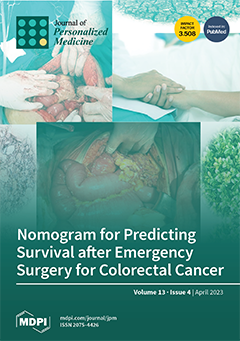Background: In recent years, blood eosinophils have been evaluated as a surrogate biomarker for eosinophilic airway inflammation and as a prognostic indicator of the outcomes of hospitalized COPD subjects. During an exacerbation of COPD, eosinopenia has been proposed as a prognostic marker of adverse outcomes. Objectives: The aim of the present post hoc analysis was to elucidate the effectiveness of blood eosinophils for predicting the need of NIV in subjects with COPD exacerbation. Methods: Consecutive subjects admitted to a hospital for COPD exacerbation were included in the analysis. The eosinophil count from the first complete blood count was used to designate the eosinophil groups. The relationship between the clinical characteristics and blood eosinophil counts, as dichotomized using 150 cells/μL, was evaluated. Results Subjects with blood eosinophil number < 150 k/μL had a more severe disease on admission compared to subjects with ≥150 k/μL, regarding pH 7.400 (7.36, 7.44) vs. 7.42 (7.38, 7.45),
p = 0.008, PO
2/FiO
2 levels 238.1 (189.8, 278.6) vs. 276.2 (238.2, 305.6),
p < 0.001, CRP (mg/L) levels 7.3 (3.1, 19.9) vs. 3.5 (0.7, 7.8),
p < 0.001 and required a longer hospital stay (days) 10.0 (8.0, 14.0) vs. 5.0 (3.0, 7.0)
p < 0.001 respectively. The number of blood eosinophils correlated with the levels of CRP upon admission (
p < 0.001, r = −0.334), with arterial pH upon admission (
p < 0.030, r = 0.121), with PO
2/FiO
2 (
p < 0.001, r = −0.248), and with duration of hospital stay (
p < 0.001, r = −0.589). In the multinomial logistic regression analysis, blood eosinophil count < 150 k/μL was an independent predictor of the use of NIV during hospital stay. Conclusion: During COPD exacerbation, low blood eosinophil levels upon admission are related to more severe disease and can be used as a predictor of the need of NIV. Further prospective studies are needed to identify the use of blood eosinophil levels as a predictor of unfavorable outcomes.
Full article






